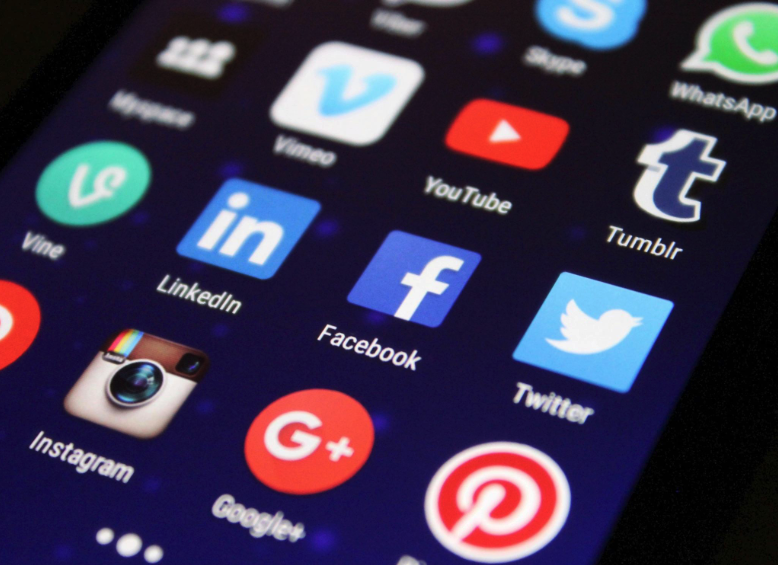In the evolving world of online marketing, vacation rental managers and homeowners face a crucial challenge: Should they focus on optimizing their website or leverage social media to drive more direct bookings? Both options have their pros and cons, and understanding their distinct advantages can help create a strong and effective strategy.
1. The Importance of Your Website for Direct Bookings
Your website serves as the primary touchpoint for potential guests, acting as a virtual front door that highlights your property's features. A well-designed website offers several key advantages for vacation rental owners:
- Control over branding and content - Present your property exactly as you want, with full control over photos, descriptions, and user experience
- No commission bookings - Unlike third-party platforms that charge fees, direct bookings through your website ensure all the revenue goes directly to you
- Builds credibility - A professionally crafted website reassures potential guests of your property's legitimacy and quality
- Ownership of guest data - Collect valuable guest information for future marketing and relationship building
To fully maximize these benefits, having a reliable booking system is essential. This is where Bookinghook comes in. Designed specifically for vacation rental businesses, it offers:
- Real-time availability calendars to prevent double bookings
- Online payments for secure and seamless transactions
- Automated guest notifications to enhance the guest experience with timely booking confirmations and pre-arrival details
By integrating Bookinghook, you simplify the booking process, creating a smooth experience that can lead to increased direct reservations.
2. The Importance of Social Media in Attracting Guests
While a website is essential for conversions, social media plays a crucial role in drawing potential guests and directing them to your site:
- Building trust and relationships - Consistent engagement on platforms like Facebook and Instagram allows you to interact with potential guests, provide updates, and answer inquiries
- Showcasing guest experiences - Sharing testimonials, reviews, and user-generated content serves as social proof, helping future guests feel confident in their decision
- Expanding your reach - Attract audiences who might not have discovered you through traditional search engines
- Visual storytelling - Platforms like Instagram and Pinterest are perfect for showcasing your property's visual appeal
However, it's important to recognize that while social media is excellent for visibility and engagement, it does not always directly translate into bookings. The same study mentioned earlier found that only 2% of direct bookings came from social media, compared to 62% from Google searches.
3. Combining Website and Social Media for Maximum Impact
Instead of treating your website and social media as separate entities, integrating them can lead to the best results:
Drive Traffic from Social Media to Your Website
- Incorporate clear calls-to-action in your social media posts
- Share snippets of content from your website to entice followers to learn more
- Use social media to announce special offers available exclusively on your website
- Create shareable content that links back to your booking page
Maintain Consistent Branding Across Platforms
- Use the same visual identity, tone, and messaging on both your website and social channels
- Ensure a seamless experience as users transition from social media to your site
- Reinforce your unique value proposition across all platforms
- Create a cohesive story about your property and the experience you offer
Leverage Analytics to Refine Your Strategy
- Track where your bookings are coming from using website analytics
- Monitor which social media content drives the most traffic to your booking page
- Analyze conversion rates to understand what's working and what isn't
- Adjust your strategy based on real data rather than assumptions
4. Practical Tips for Optimizing Both Channels
Website Optimization
- Mobile responsiveness - Ensure your website looks and functions perfectly on all devices
- Fast loading times - Optimize images and minimize code to improve page speed
- Clear booking process - Make it easy for guests to check availability and complete a reservation
- SEO best practices - Use relevant keywords, meta descriptions, and alt tags to improve search visibility
- High-quality visuals - Invest in professional photography to showcase your property
Social Media Best Practices
- Platform selection - Focus on platforms where your target audience is most active
- Consistent posting schedule - Maintain regular activity without overwhelming your followers
- Engagement - Respond promptly to comments and messages
- Visual content - Share high-quality photos and videos that highlight your property's best features
- User-generated content - Encourage guests to share their experiences and tag your property
Conclusion
While social media is invaluable for outreach and brand awareness, your website remains the foundation for securing direct bookings. The ideal approach is not choosing one over the other, but rather creating a strategic balance that leverages the strengths of both channels.
By enhancing your website with tools like Bookinghook and effectively utilizing social media to attract potential guests, you can build a comprehensive digital strategy that maximizes direct reservations and boosts your vacation rental business. Remember that your website is where conversions happen, while social media serves as the pathway that leads potential guests to your booking page.

